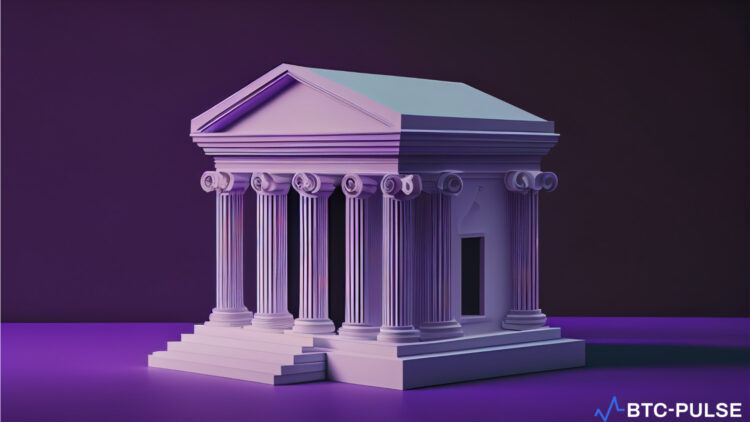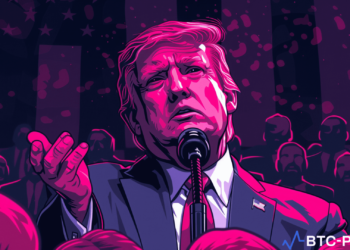Introduction to Tokenization in the Philippines
In a groundbreaking financial move, the Philippines Bureau of the Treasury has announced its decision to offer 10 billion pesos ($179 million) in tokenized treasury bonds. This decision marks a significant shift in the country’s approach to financial assets, aligning with the global trend of embracing blockchain technology for asset management. The initiative is a first for the Philippines, illustrating the country’s commitment to staying at the forefront of financial innovation.
Details of the Tokenized Bond Offering
The tokenized bonds, scheduled for release after canceling the traditional bond auction set for November 20, 2023, will be available to institutional buyers. Each bond has a minimum denomination of 10 million pesos, with increments of 1 million pesos. With a one-year maturity period, these bonds are expected to be due in November 2024. The final interest rate will be disclosed on the issuance date, as reported by Bloomberg. This issuance, executed by the state-owned Development Bank of the Philippines and the Land Bank of the Philippines, represents a significant leap in the country’s financial sector.
Government’s Stance on Future of Tokenization
Deputy Treasurer Erwin Sta mentioned that the government is keen on exploring the continuous use of tokenized real-world assets and bonds. The Philippines is set to continue studying blockchain technology’s potential and test the limits of its application in the financial sector. This proactive approach indicates the government’s openness to innovative solutions in managing national finances.
Asian Governments’ Growing Interest in Tokenized Bonds
The Philippines is not alone in its pursuit of tokenization in the financial sector. Asian governments, notably Hong Kong and Singapore, have also shown a growing interest in this area. Hong Kong issued $100 million in tokenized green bonds, while Singapore launched pilots for tokenizing real-world assets in collaboration with major financial institutions. These steps underscore a regional trend towards adopting blockchain technology for more secure and efficient financial transactions.
Global Trend Towards Blockchain-Based Asset Tokenization
Globally, the trend towards blockchain-based asset tokenization is gaining momentum. Financial giants like JPMorgan and HSBC are investing in this technology, recognizing its potential in transforming the way financial assets are managed and transacted. Israel’s Tel Aviv stock exchange also completed a proof-of-concept for tokenizing fiat and government bonds, further indicating the widespread interest in this technology.
Conclusion: The Future of Financial Transactions
The Philippines’ move to issue tokenized treasury bonds is more than a national financial development; it’s a symbol of the changing landscape of global finance. As governments and financial institutions worldwide continue to explore and adopt blockchain technology, we can expect to see a transformation in how financial transactions are conducted and assets are managed. The Philippines, with its pioneering stance, is at the forefront of this revolution, setting an example for other nations to follow in the pursuit of financial innovation and efficiency.










